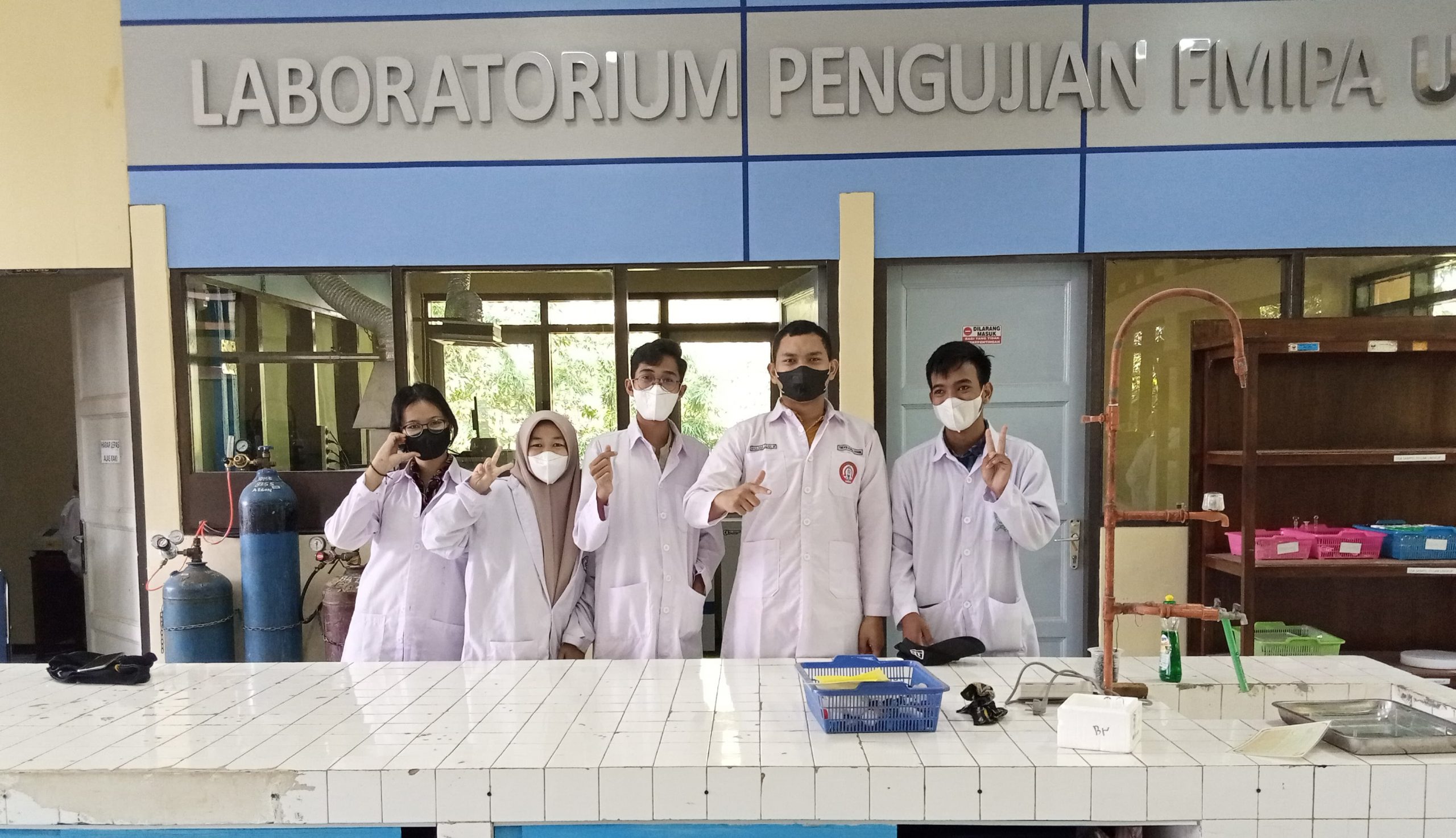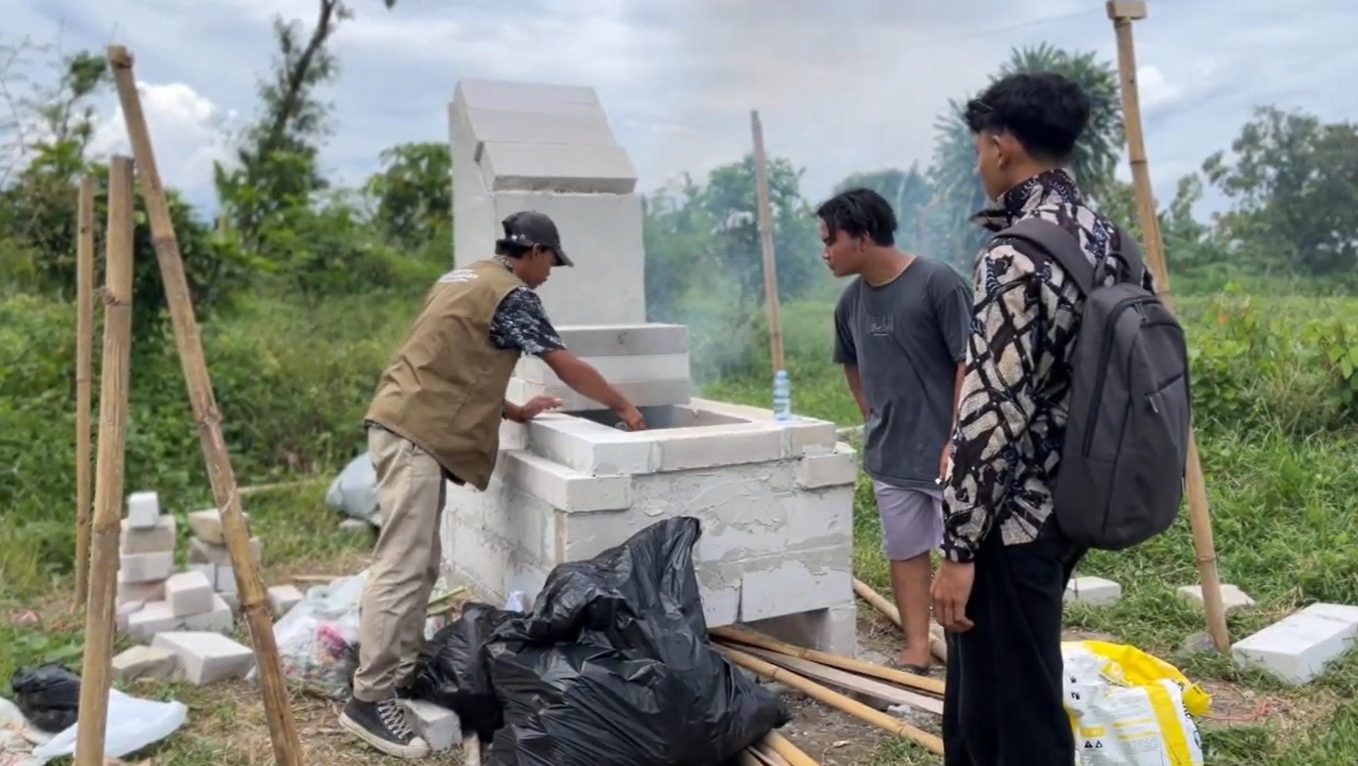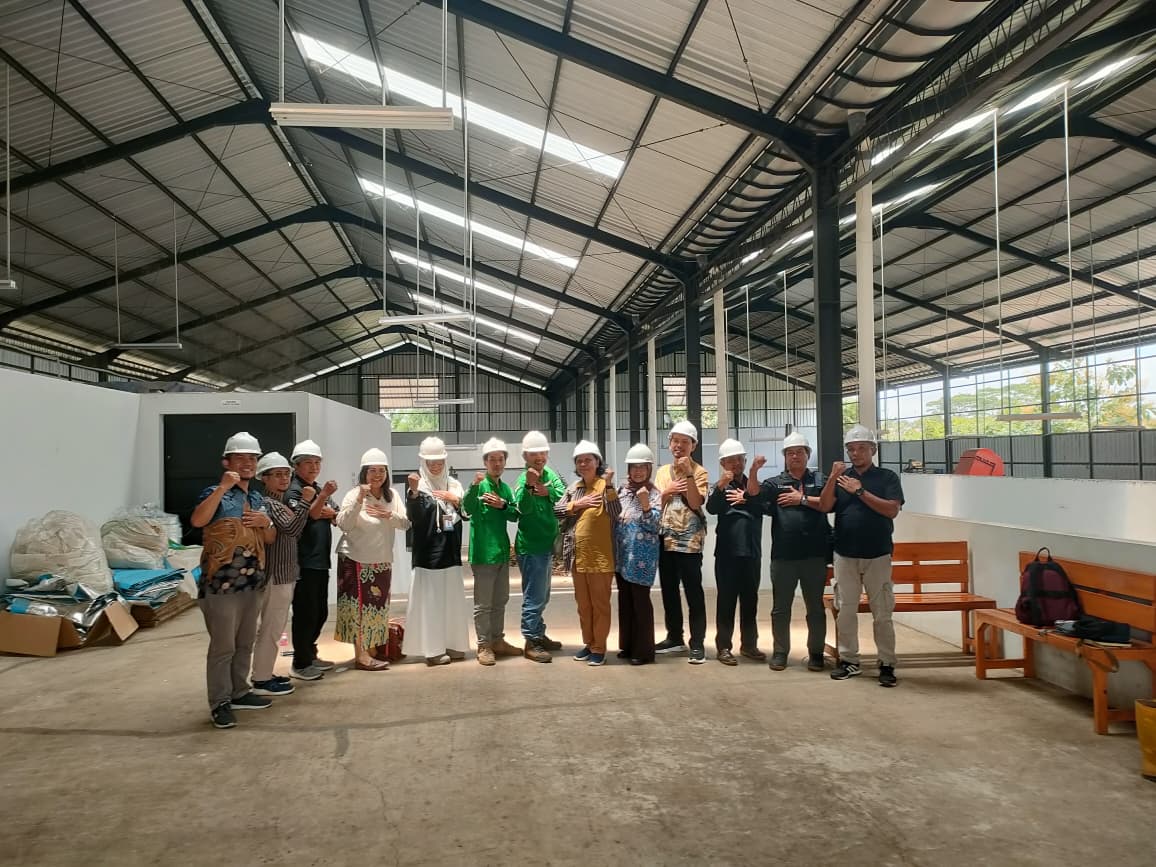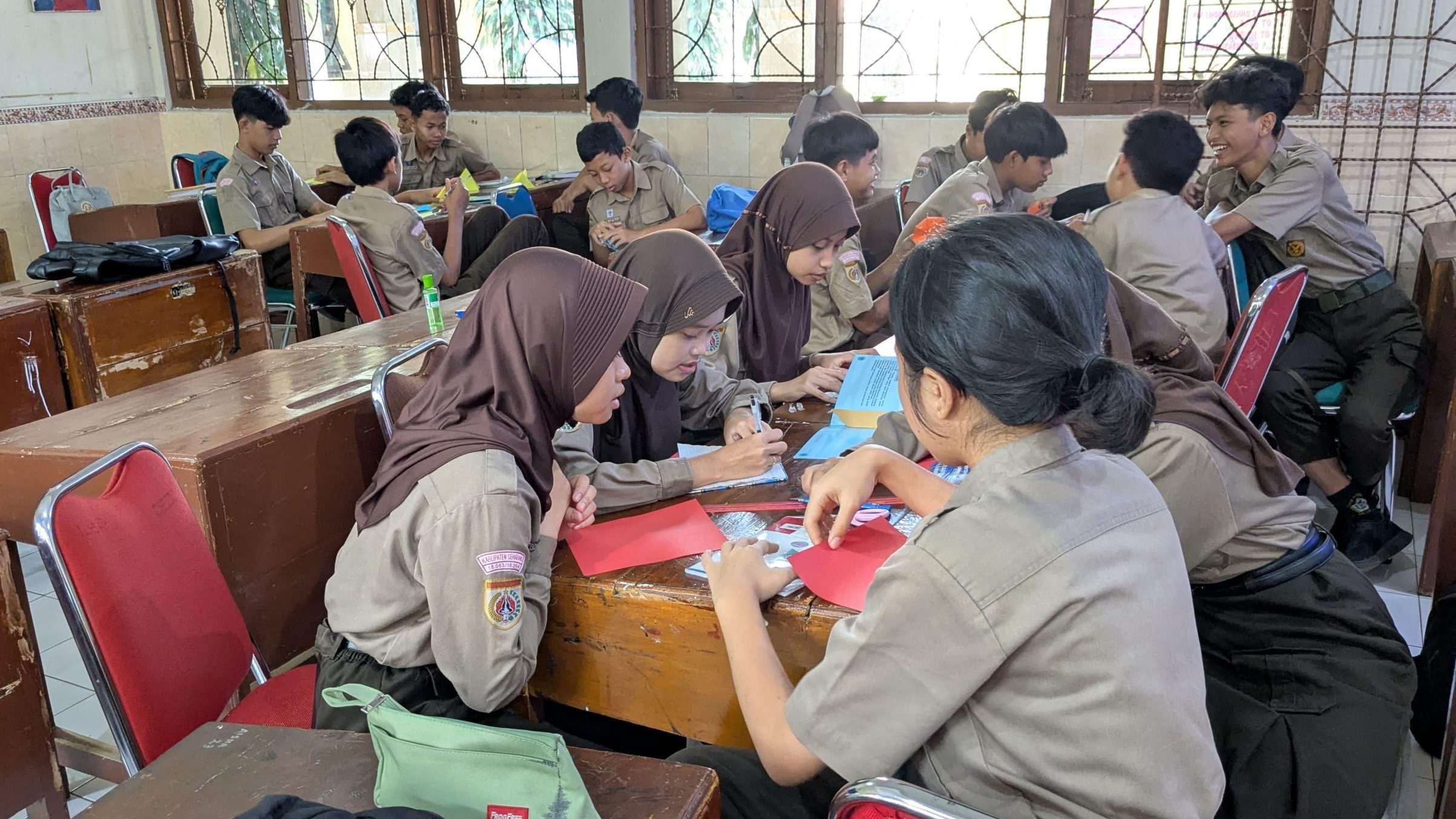Various Indonesian cities’ declining air quality is now a growing source of concern. Motor vehicle pollution, such as that from riding motorcycles, is one of the things causing the air to get worse.
The gasoline now on the market has a low octane rating, which can affect engine performance, and it contains numerous hazardous substances that are carcinogenic and harm the environment.
Students at Universitas Negeri Semarang (UNNES) came up with a creative solution to this issue by creating a bioadditive from plentiful pomelo peel waste that was added to a gasoline combination.
Limonene and b-myrcene molecules found in grapefruit peel waste are considered to combine with gasoline components to raise octane levels and improve engine performance. The benefit is that it makes use of the most recent extraction technique, Ultrasound Assisted Extraction (UAE), which results in a bioadditive that is nanoscale and simpler to combine with gasoline.
Muhammad Abdul Jabar from the biology study program, Sisilia Prita Dewi Purnamaningrum from the biology study program, Nur Khofifah Dwi Akmaliyah from the chemistry study program, Muhammad Arifian Rifa’I from the automotive engineering education study program, and Maulana Dzaki Munawar from the chemical engineering study program made up the UNNES PKM-RE team for this activity.
Talitha Widiatningrum, M.Sc., Ph.D., served as their supervisor.
The PKM-RE team’s operations are still underway and in the testing phase as of right now. It has been demonstrated that the bioadditives made can lower motorbike exhaust pollutants and fuel consumption.
The PKM team will continue its work in the hopes that the bioadditives it produces would one day serve as a substitute for the motorbikes that create so much air pollution.
The PKM team’s Instagram account, @pkm_bioaditif, allows users to keep up with their activities.




